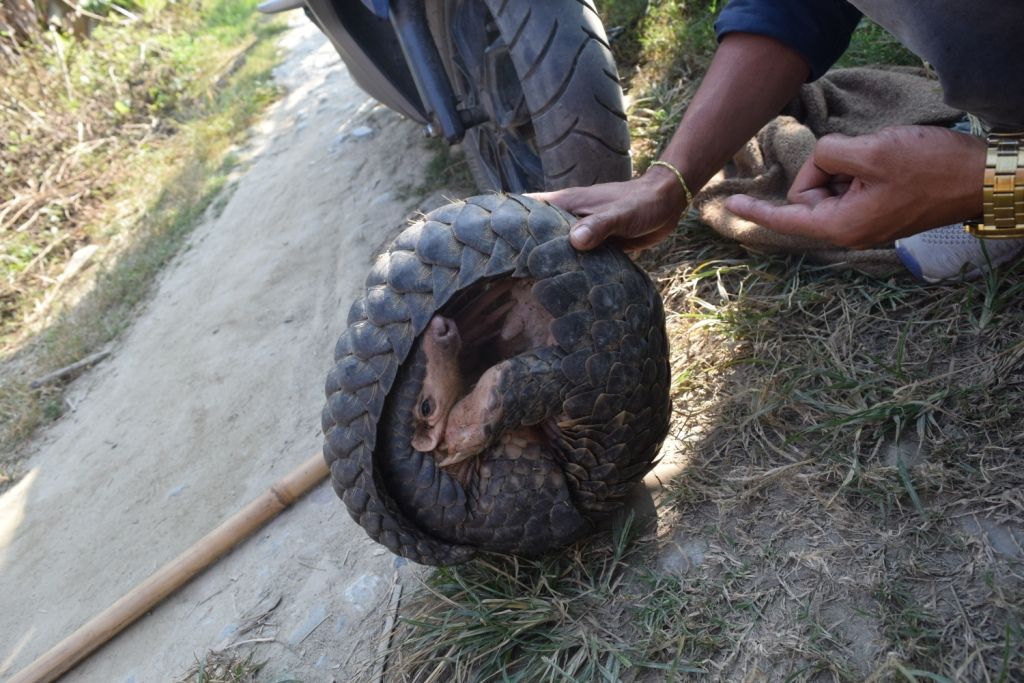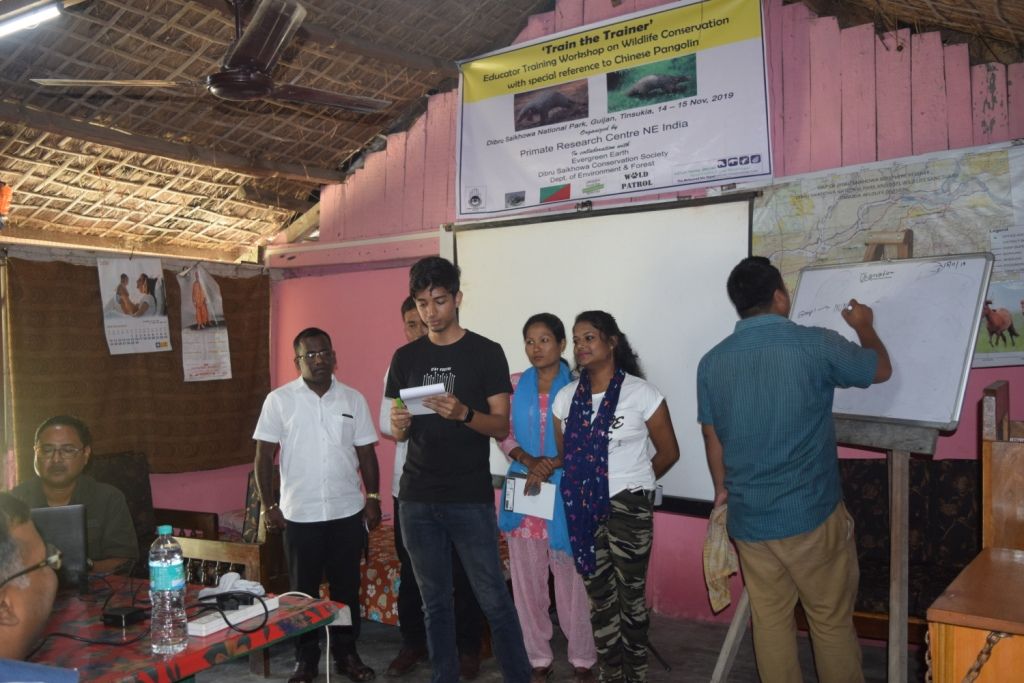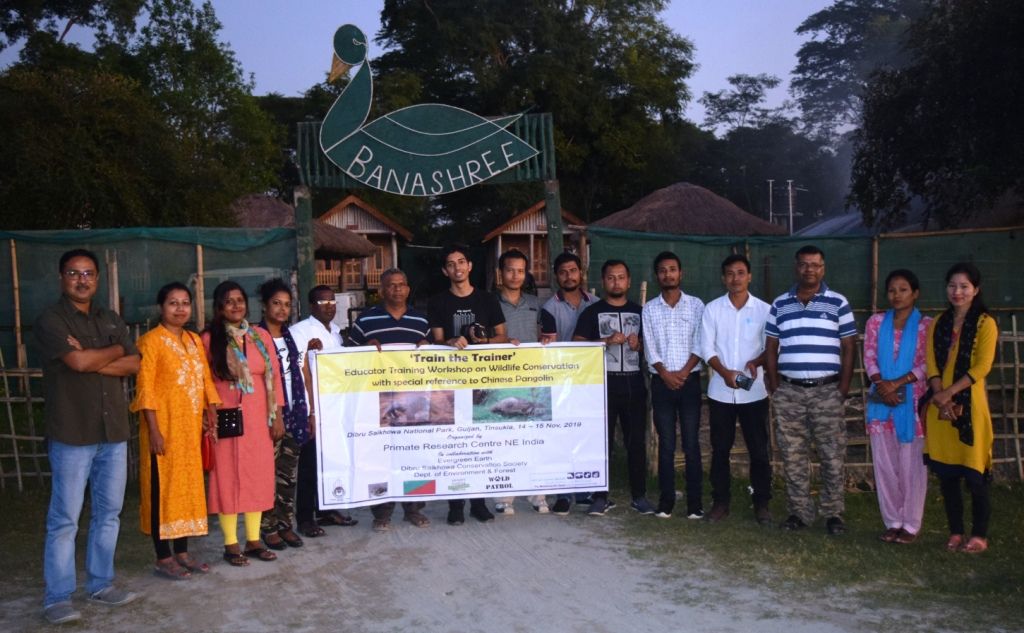Understanding wildlife trade
Wildlife trade has made headline news recently because of the part it’s played in the coronavirus outbreak. But disease is not the only threat. Species are also at risk, sometimes even of extinction. Animals such as pangolins are being captured from the wild for consumption – whether as meat or medicine – at unsustainable levels. But just making the practice illegal won’t necessarily stop it. The people who kill or consume the animals aren’t necessarily aware of the fact, or even what it means. To really stop the trade we need a double pronged approach that enables us understand why people eat pangolins, whilst teaching local communities about their precious wildlife and why it’s important to protect it.

PTES is supporting Nabajit Das and his team to visit markets and schools in northern India, where the Chinese pangolin is found, and also hunted and traded. They’ll visit the markets and interview people there to determine what cultural values they place on pangolins, what ailments or conditions they take them for and what economic values they place on them.
Nabajit recently contacted us to tell us they’d seized an adult Chinese pangolin at one of the markets they visited and successful returned it to the forest department team. Together our work will result in fewer pangolins making it to market in the future.
Changing attitudes
Nabajit has also been busy training school teachers. To stop the change and change attitudes we need to start with the younger generation. And the best way to reach them is through their teachers. Unfortunately the local government cannot afford to pay for the teachers to attend the relevant training courses that Nabajit is running, so we’re helping provide funds to cover the costs of transport to the camps, and meals whilst they are there. Over three days the teachers get to take part in lots of fun but informative activities such as a conservation drama where the participants take turns acting as poachers, park rangers, Forest Department officials, Ministers, villagers and businessmen. These teachers can then go back and play these games with their students, as well as using their biology lessons to learn about the ecology of Chinese pangolins.

Pangolin conservation workshop. Credit Nabajit Das. 
Another successful workshop for Nabajit. Credit Nabajit Das.
(Main image by A. Budi Kusum)
Learn more about our work to save Chinese pangolins:
